COGNITIVE
CLINICAL &
COMPUTATIONAL
NEUROSCIENCE
"Curiosity. Critical Thinking. Creativity. Nerds!"
– Chunharas C., 2025 –
People
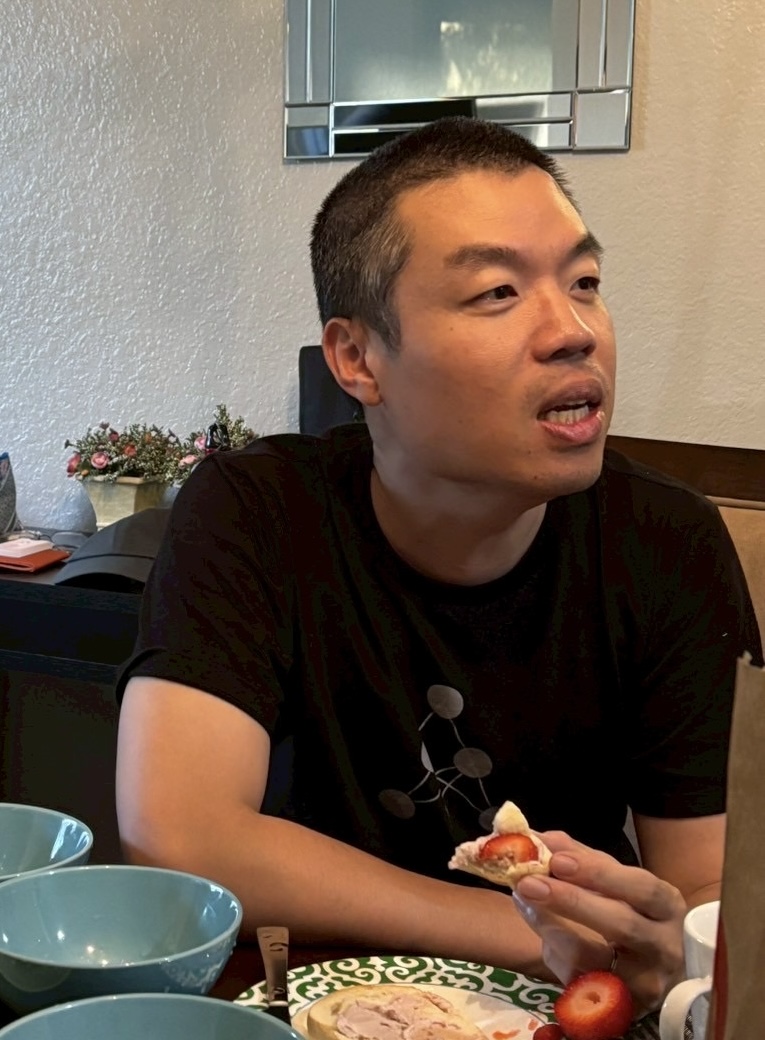
"HAIL SCIENCE"
Chaipat Chunharas
Clinician-Scientist
Chaipat Chunharas
Clinician-Scientist

"I'm the right one."
Sedthapong Chunamchai
Clinician-Scientist
Sedthapong Chunamchai
Clinician-Scientist
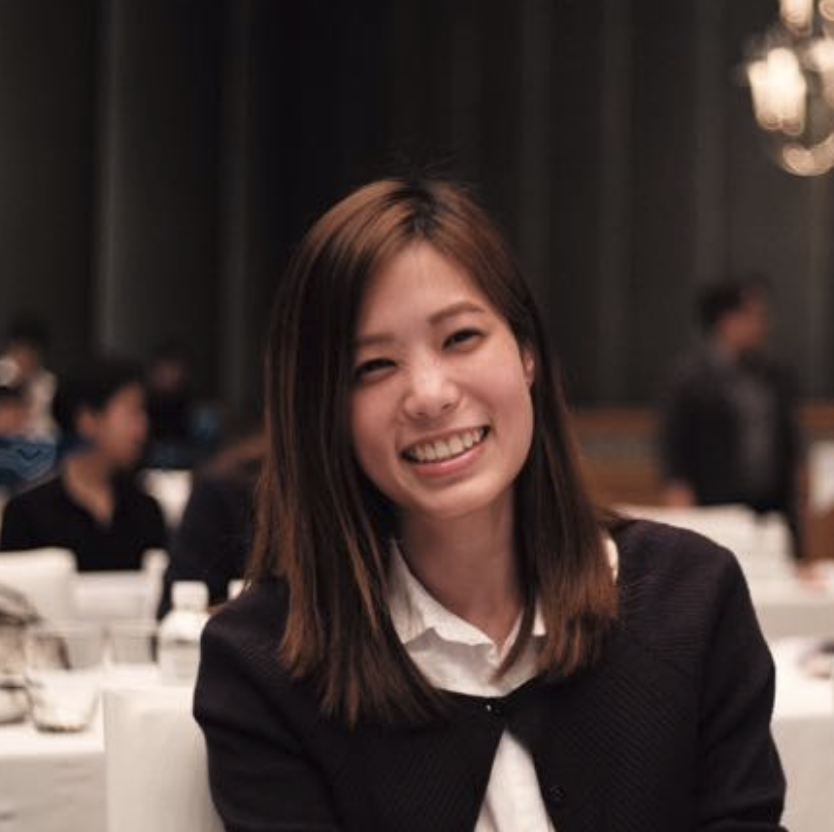
"I’m the only sane one in the lab."
Anthipa Choksuwattanasakul
Clinician-Scientist
Anthipa Choksuwattanasakul
Clinician-Scientist

"Wherever I go, I pose."
Setthanan Jarukasemkit
Clinician-Scientist
Setthanan Jarukasemkit
Clinician-Scientist
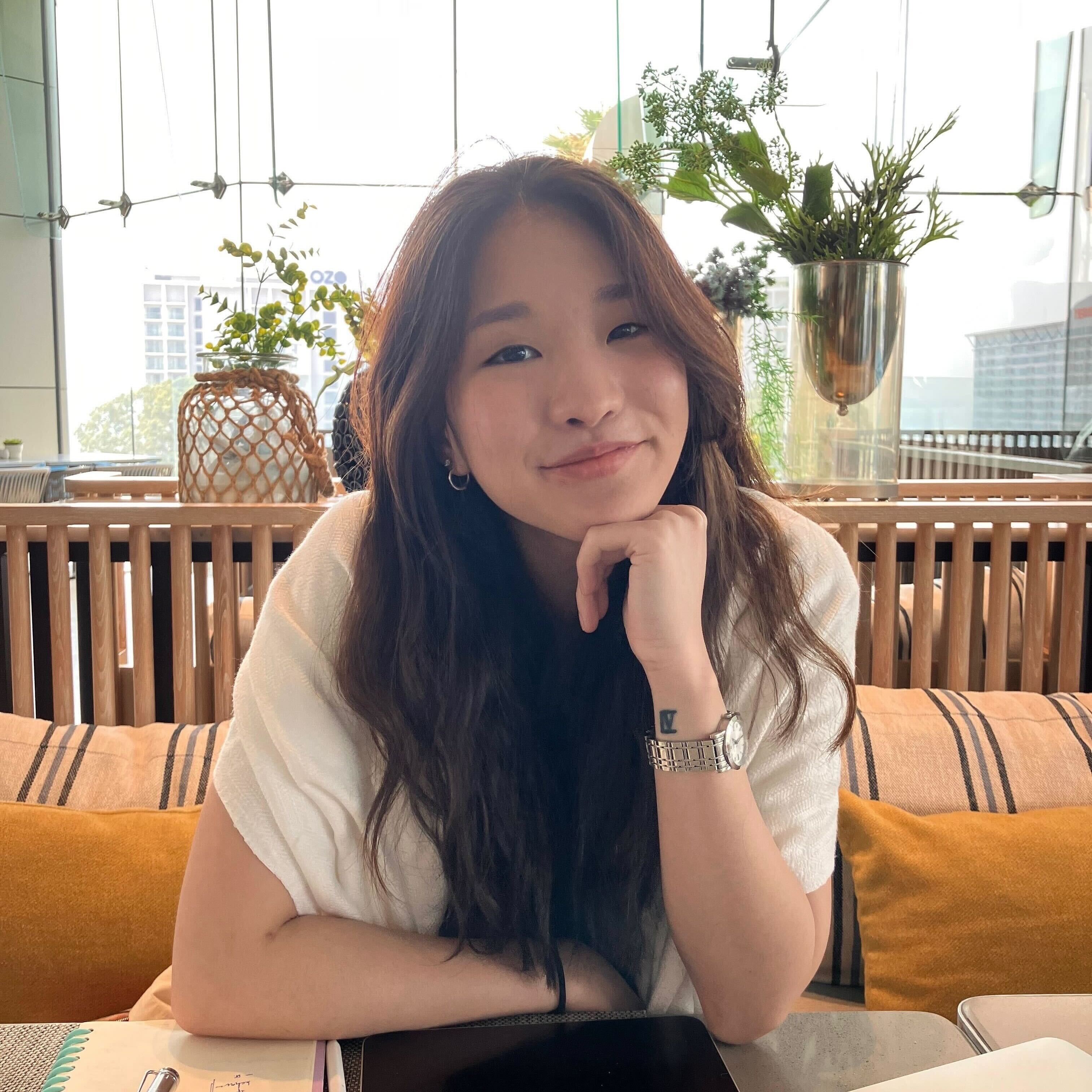
"Post-rock for peace, jazz for the madness."
Arp-Arpa Kasemsantitham
Clinician-Scientist
Arp-Arpa Kasemsantitham
Clinician-Scientist
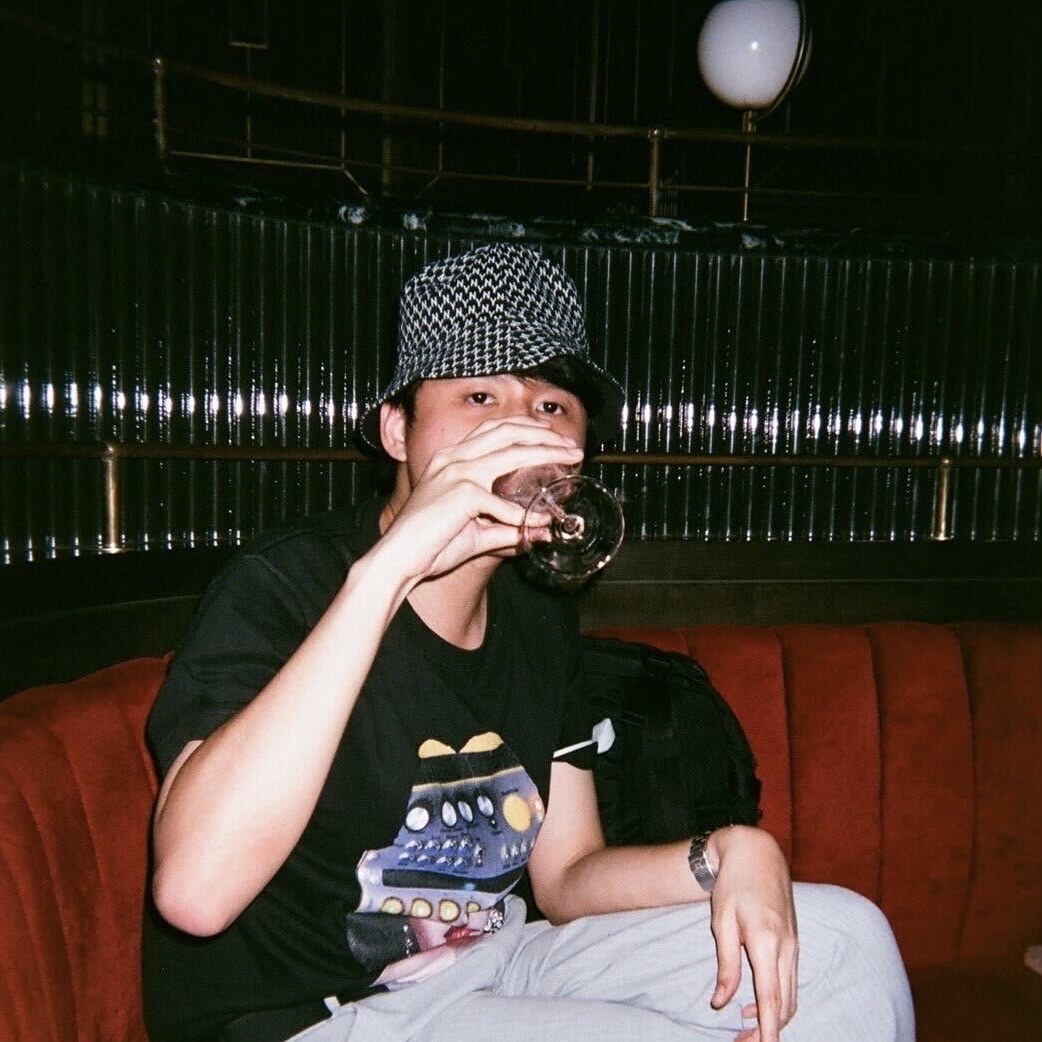
"My brain erased everything, except your face."
Chattarin Poungtubtim
Clinician-Scientist
Chattarin Poungtubtim
Clinician-Scientist

"Why fall in love when you can fall asleep?."
Nithit Singtokum
Clinician-Scientist
Nithit Singtokum
Clinician-Scientist
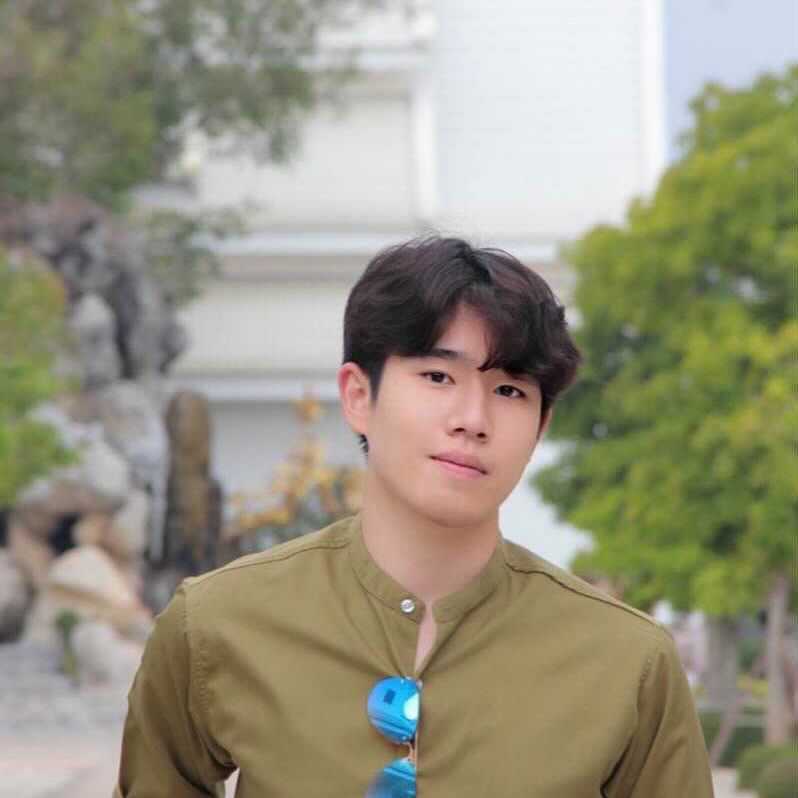
"Be happy, not sappy"
Kanathip Jongmekwamsuk
Clinician-Scientist
Kanathip Jongmekwamsuk
Clinician-Scientist
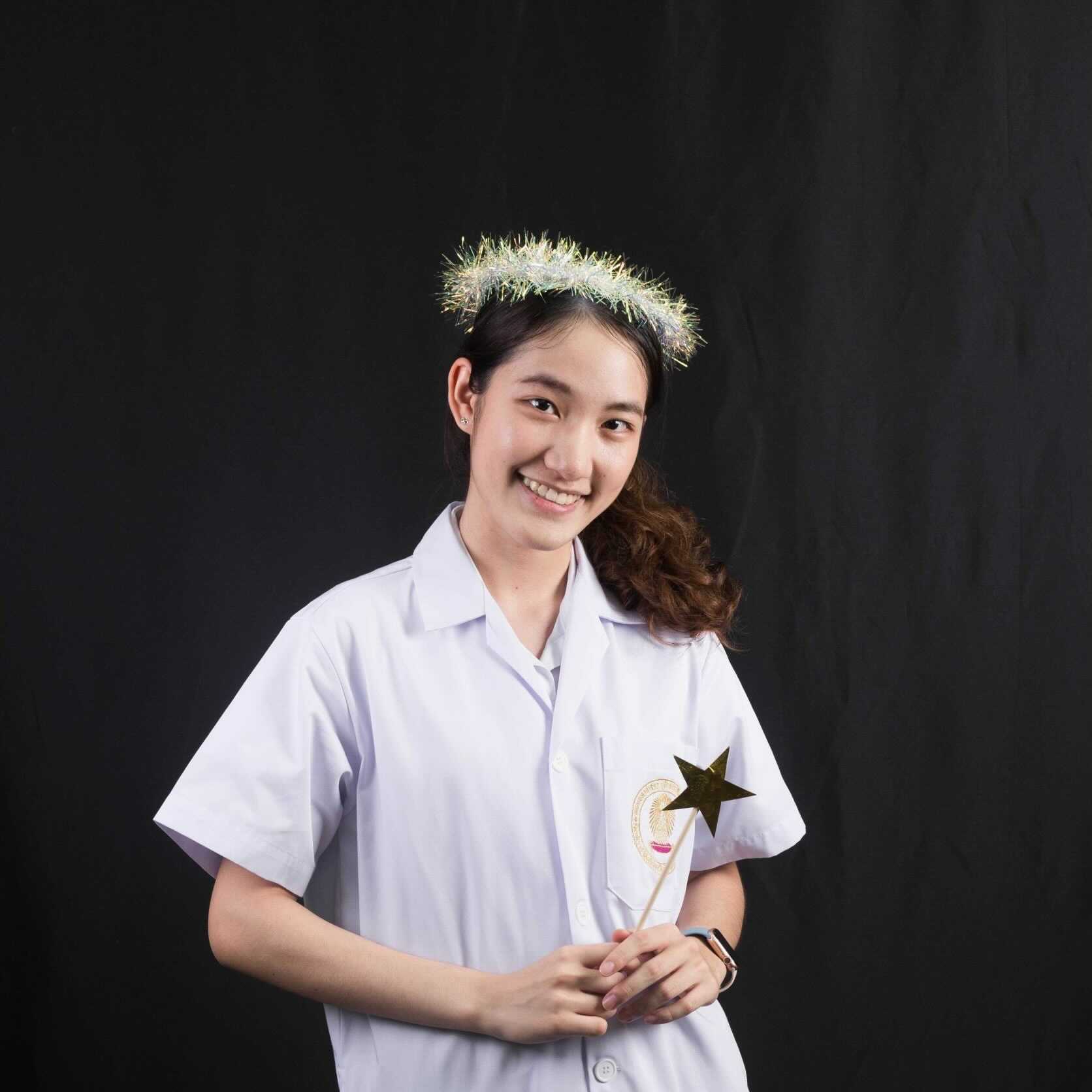
"Don't forget to place your teeth beneath the pillow tight."
Naphapa Panyanirun
Clinician-Scientist
Naphapa Panyanirun
Clinician-Scientist

"I'm Bond, James Bond."
Sasin Treeratana
Clinician-Scientist
Sasin Treeratana
Clinician-Scientist
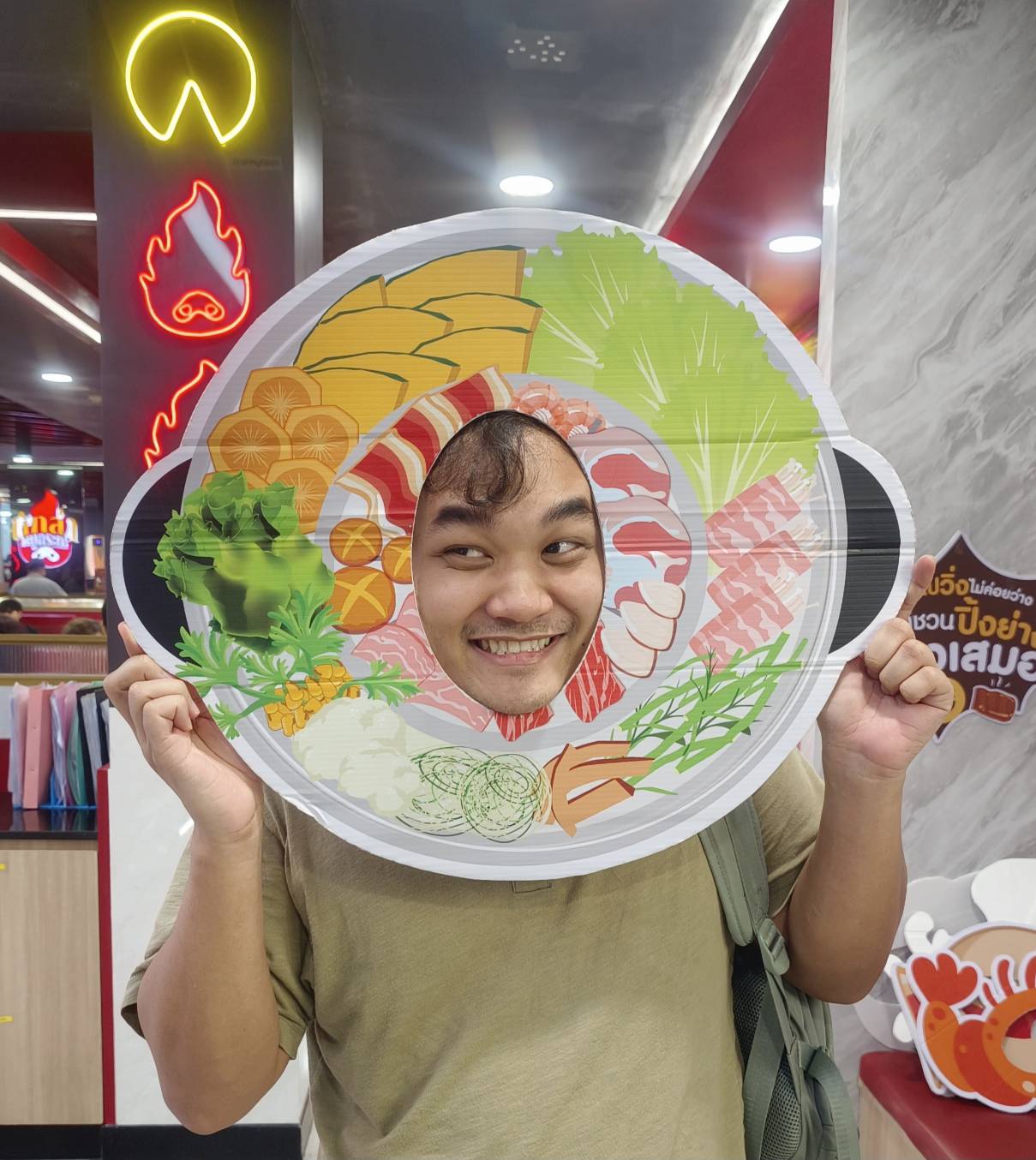
"I find problems to every solution"
Waragon Phusuwan
Graduate Student
Waragon Phusuwan
Graduate Student
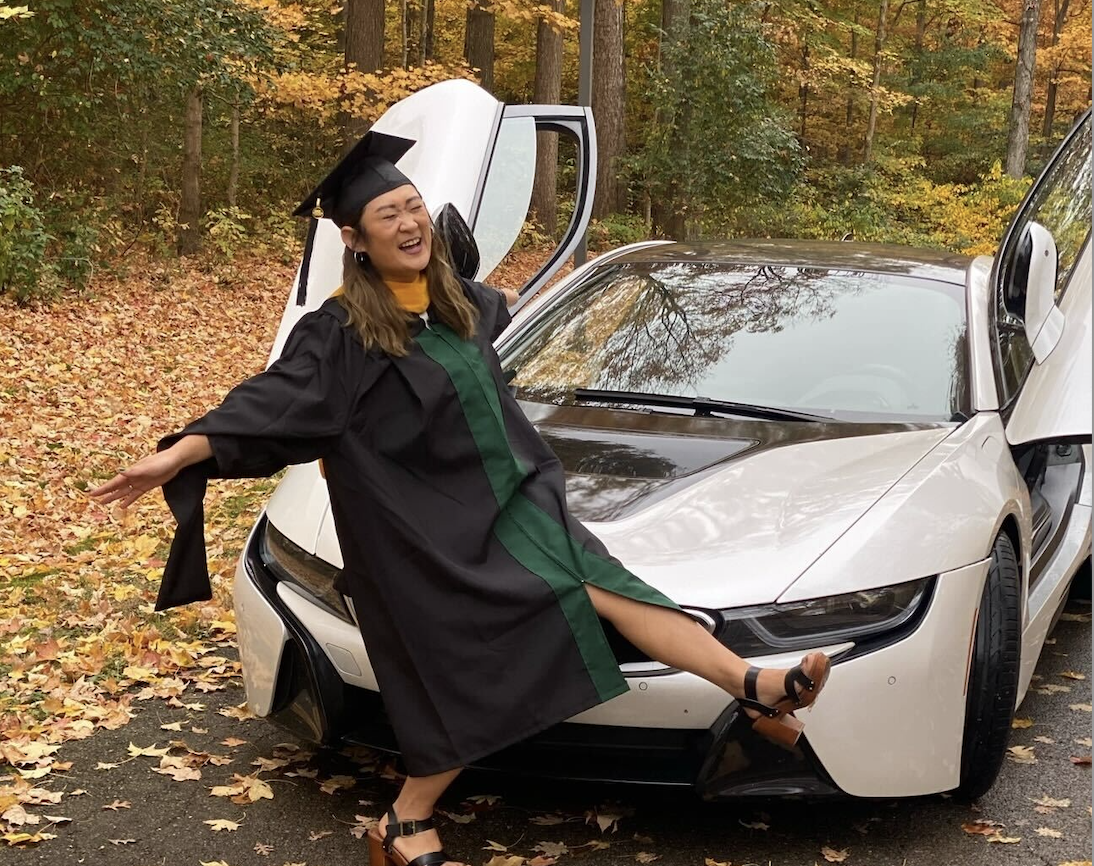
"Skip the coaster thrills, ride with Vicky on wheels!"
Payachana Victoria Chareunsouk
Graduate Student
Payachana Victoria Chareunsouk
Graduate Student

"Mind if I chime in?"
Benjamin Conan
Graduate Student
Benjamin Conan
Graduate Student

"Born to blaze in a blazer."
Kitnipat Boonyadhammaku
Researcher
Kitnipat Boonyadhammaku
Researcher
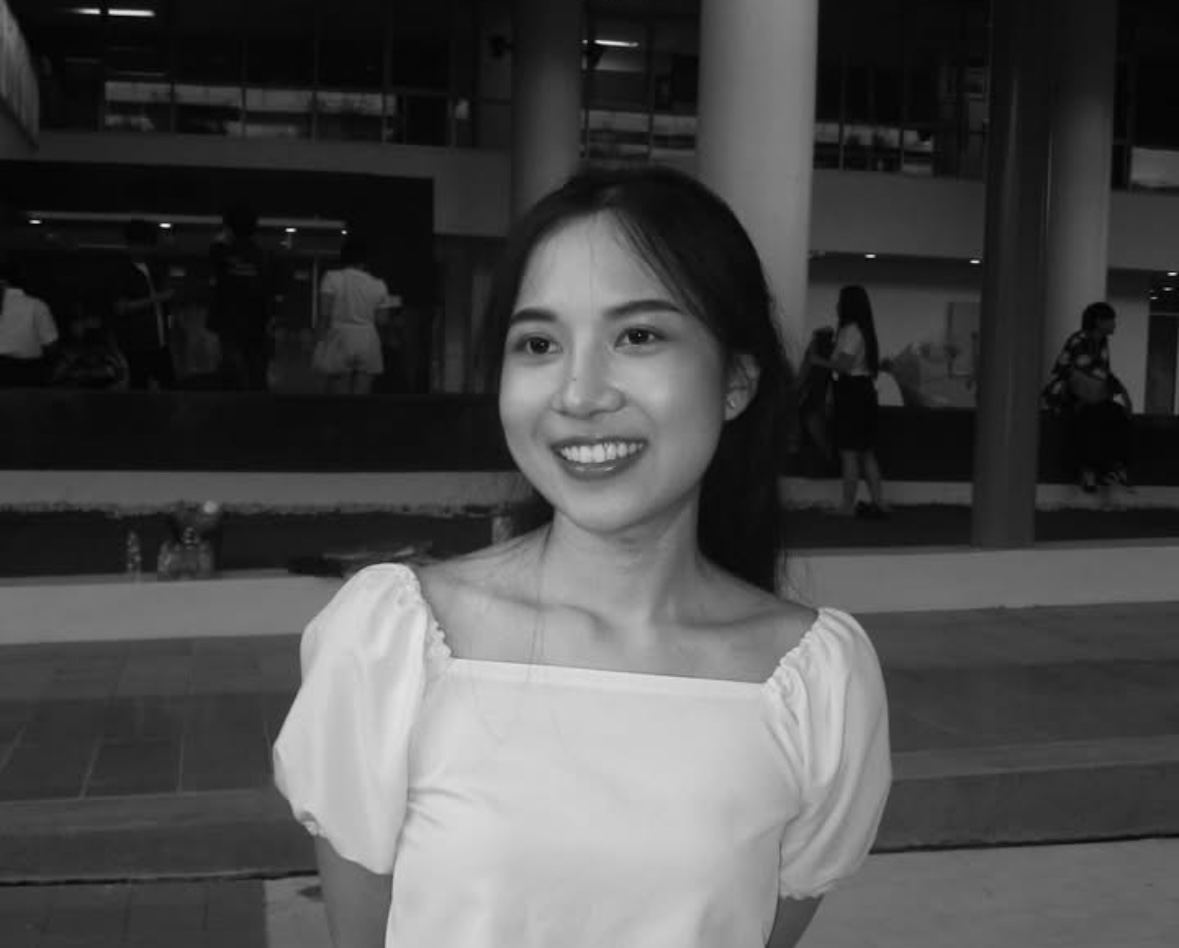
"Took me a lifetime to learn how to drive."
Kanokwanwijit Wongsook
Researcher
Kanokwanwijit Wongsook
Researcher
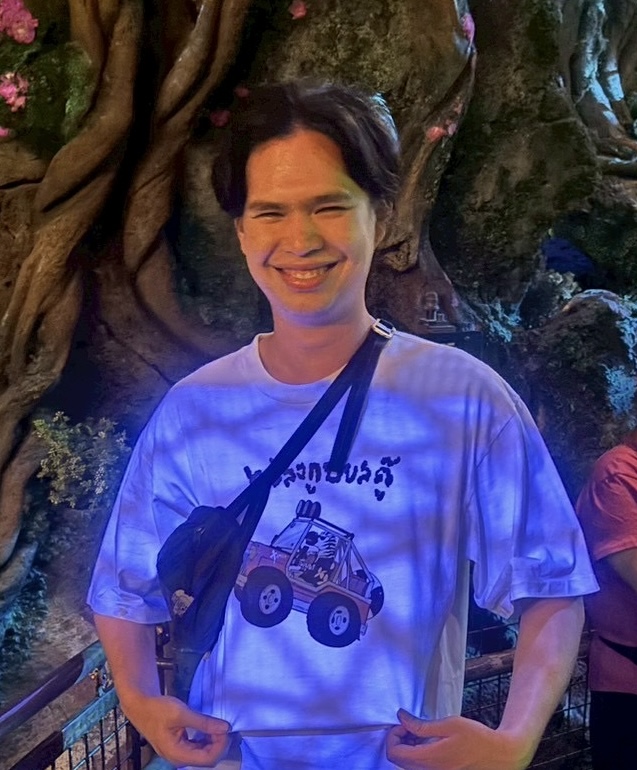
"I'm a zebra on Jeep"
Phutanik Setasartit
Research Assistant
Phutanik Setasartit
Research Assistant
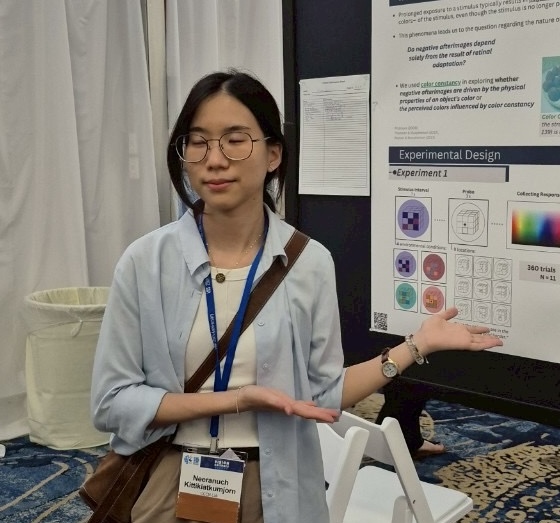
"Read hard before you ask."
Neeranuch Kittikiatkumjorn
Research Assistant
Neeranuch Kittikiatkumjorn
Research Assistant
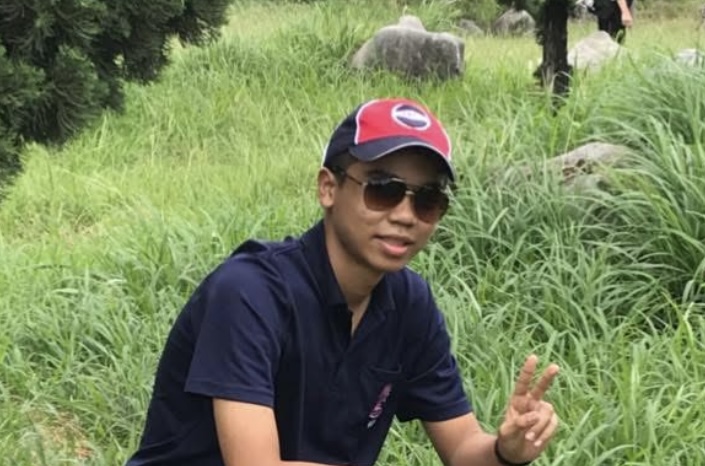
"You're the sun I’d blind myself for."
Kittkorn Rattanakorn
Undergraduate Researcher
Kittkorn Rattanakorn
Undergraduate Researcher
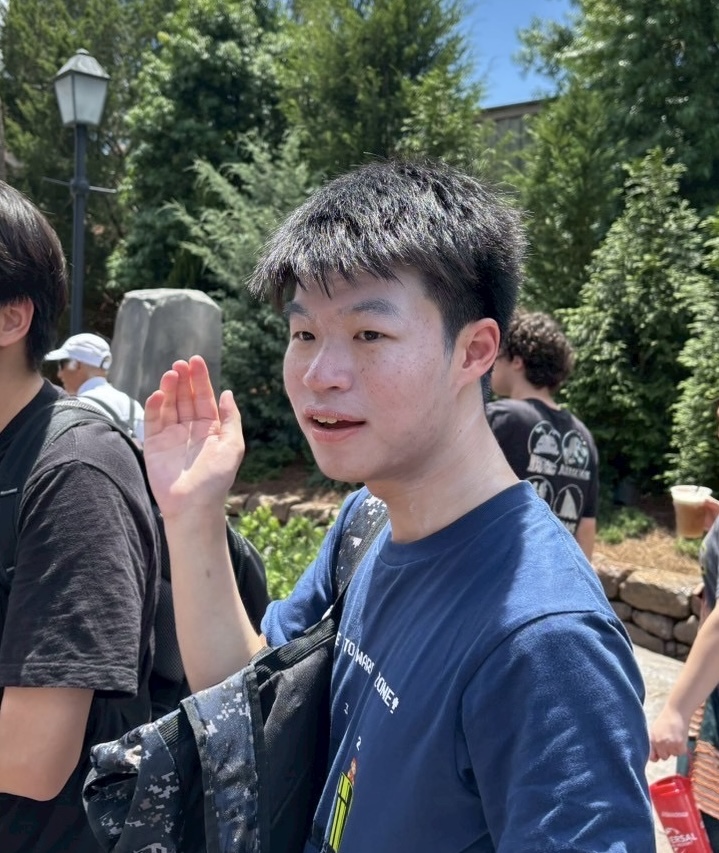
"The Sun never bothers me anyway."
Punyawish Patumhirunruksa
Undergraduate Researcher
Punyawish Patumhirunruksa
Undergraduate Researcher
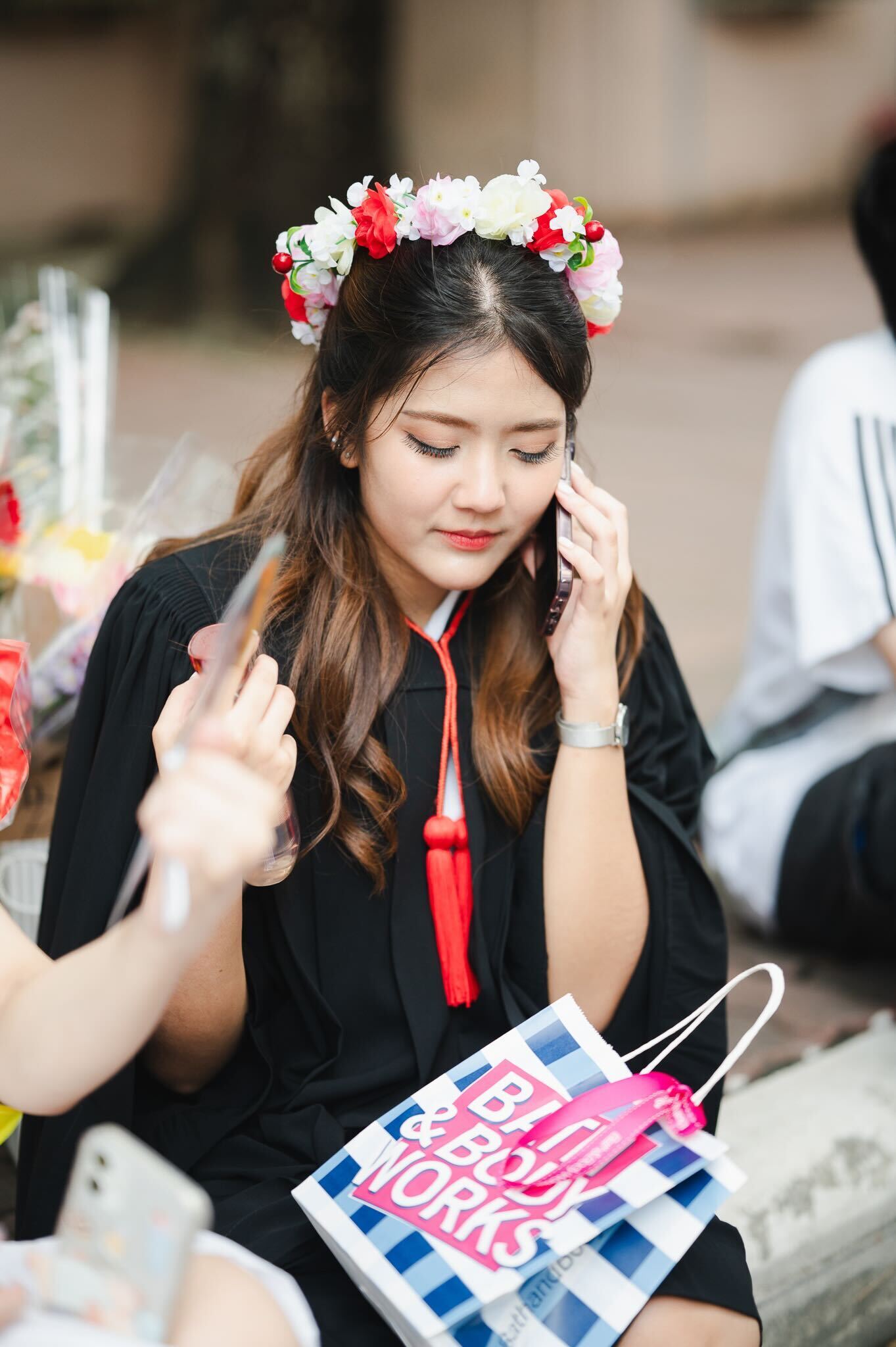
"Official full-time babysitter of Punyawish."
Pharewa Kaewmanee
Psychologist
Pharewa Kaewmanee
Psychologist
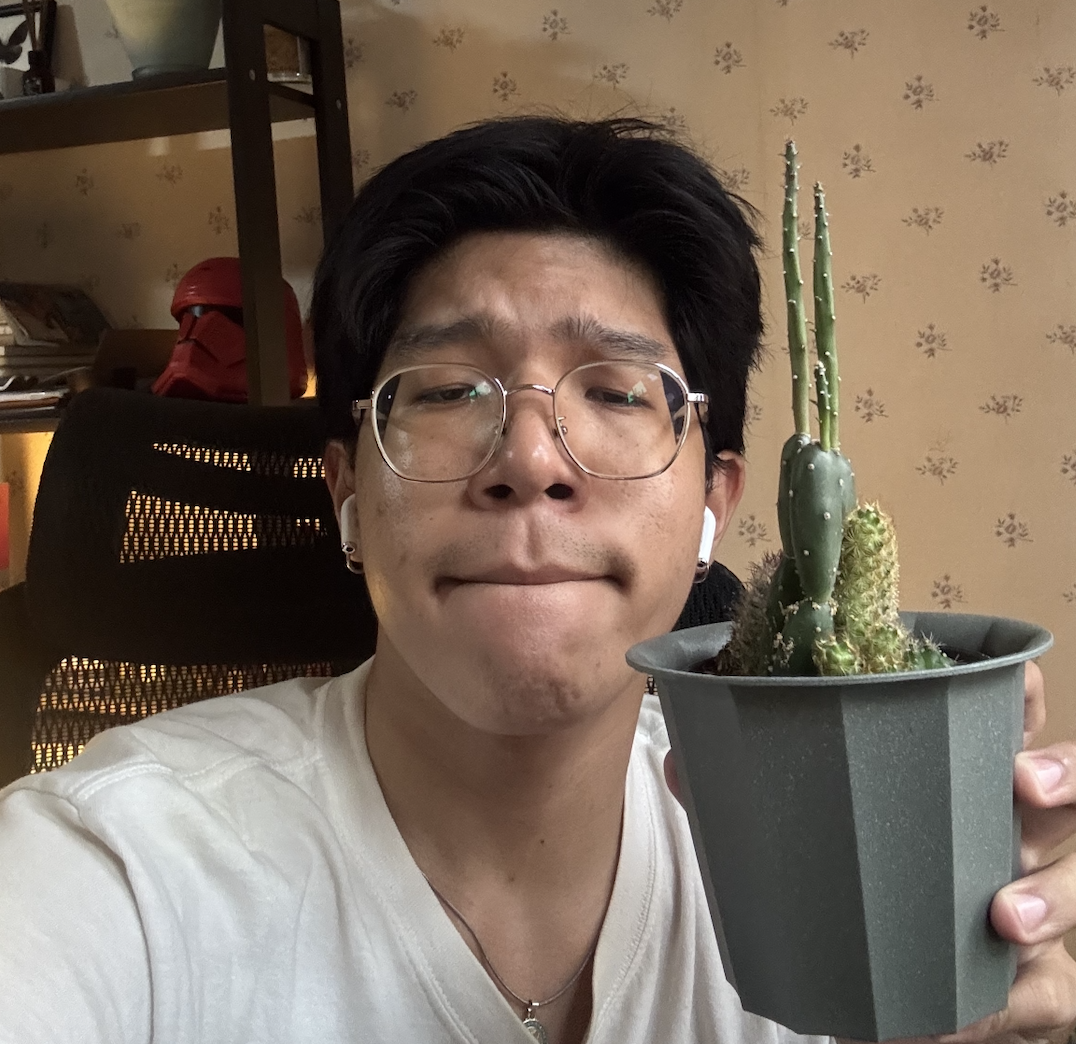
"Cactus needs a drop, they said. tested the theory - now it’s dead."
Thiti Chainiyom
Chaipat's Sidekick
Thiti Chainiyom
Chaipat's Sidekick
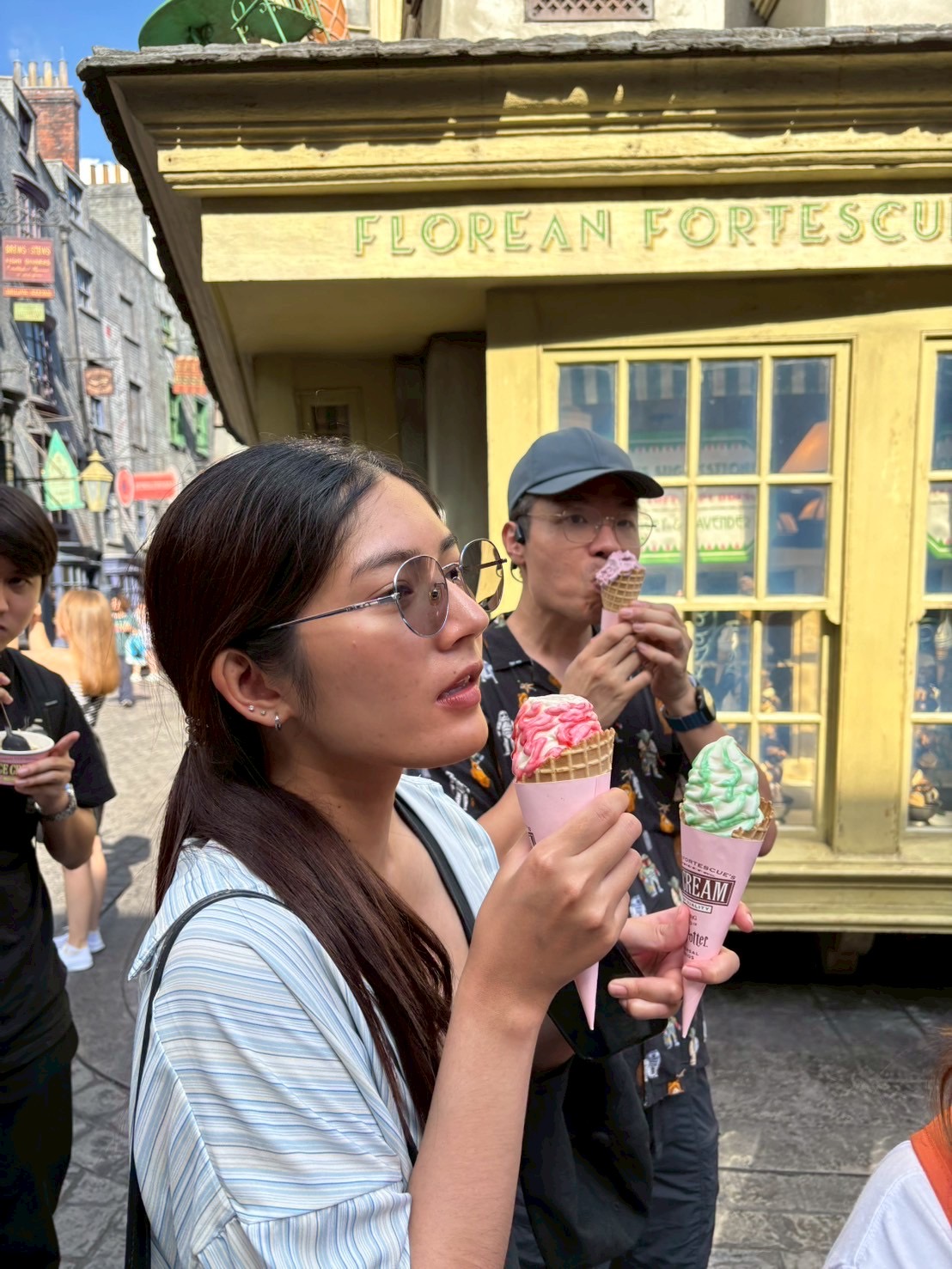
"Two cones are better than one."
Anantaporn Sena
Researcher (2020 - 2025)
Anantaporn Sena
Researcher (2020 - 2025)
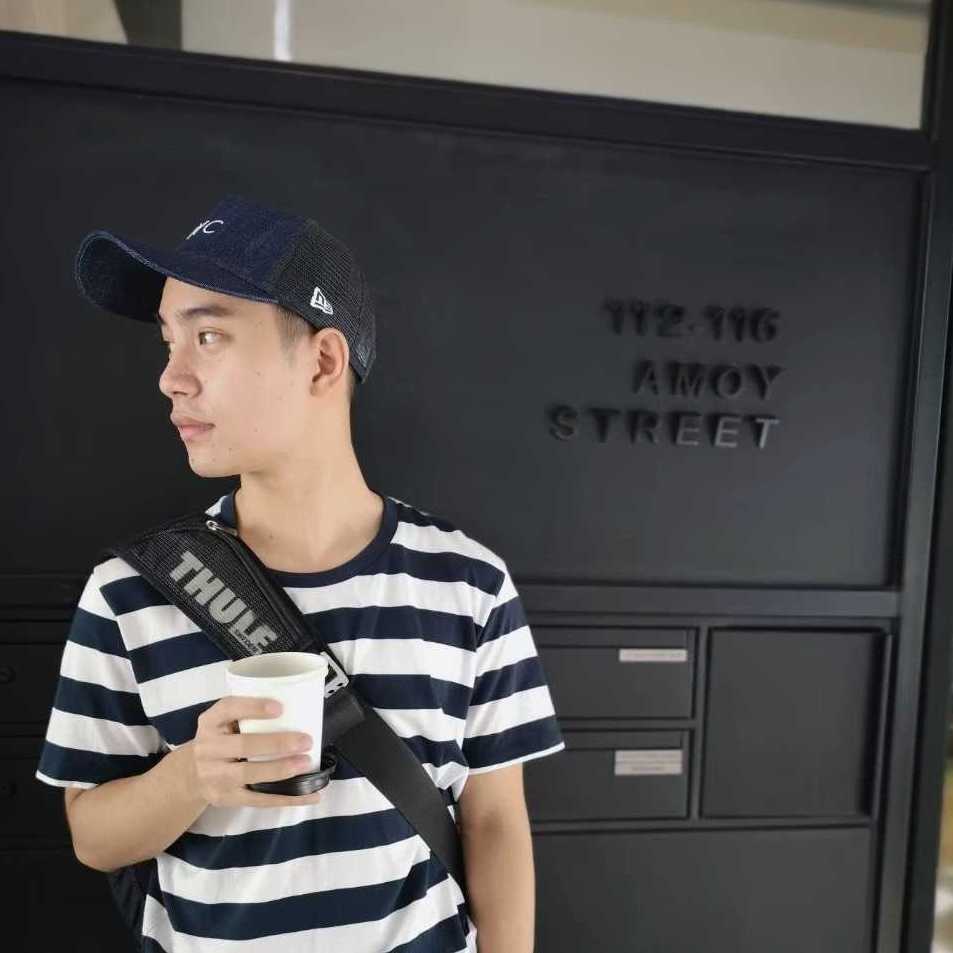
"Drip coffee by morning, pour wine by night."
Gann Boonyaprapatsara
Clinical Psychologist (2020 - 2024)
Gann Boonyaprapatsara
Clinical Psychologist (2020 - 2024)

"Carving patterns on ice, lounging lazy in bed."
Thitisa Sudayuworn
Psychologist (2020 - 2023)
Thitisa Sudayuworn
Psychologist (2020 - 2023)

"Behind every bright smile, a silent flame."
Pattarathorn Jongjarearnsuntikul
Psychologist (2020 - 2023)
Pattarathorn Jongjarearnsuntikul
Psychologist (2020 - 2023)
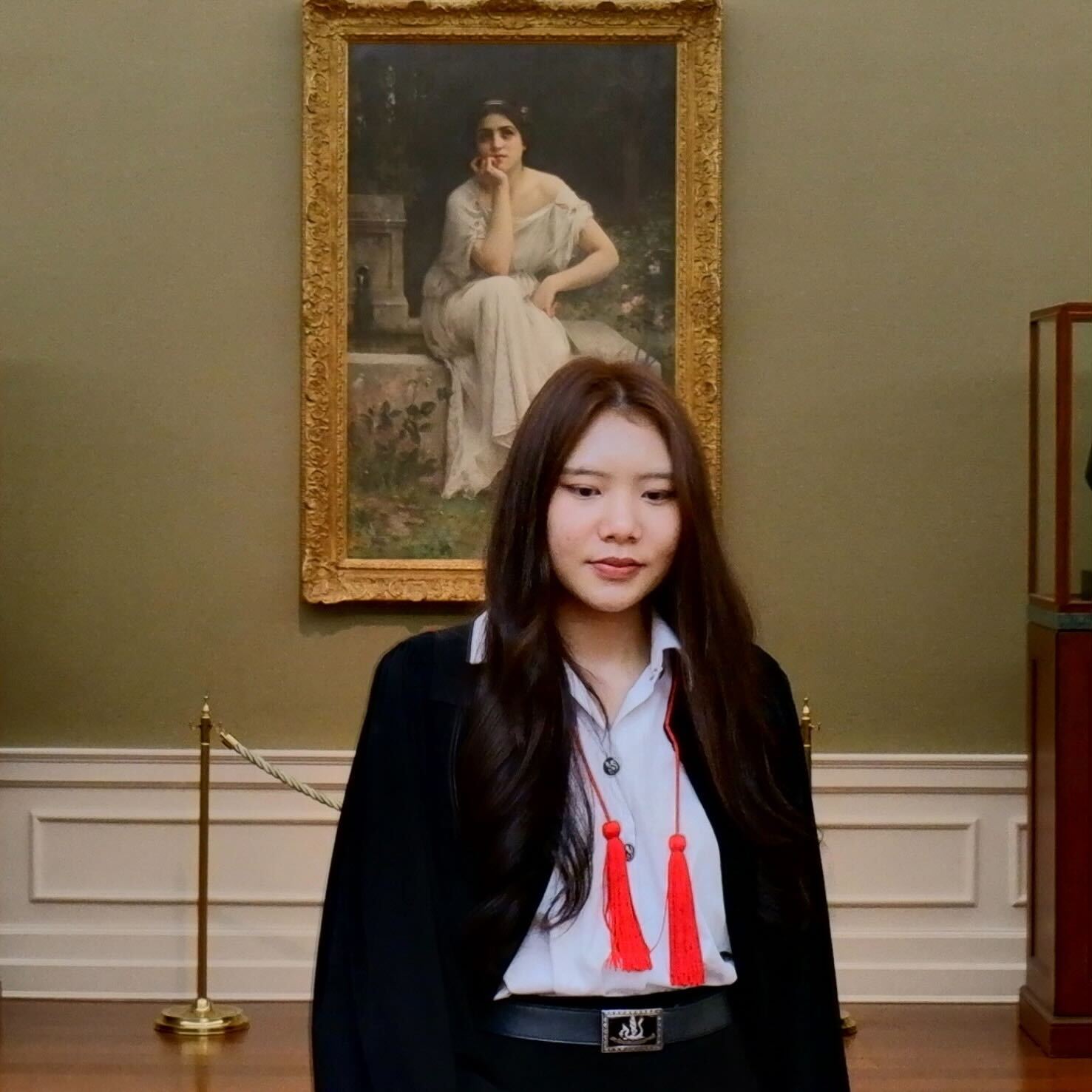
"I wish I could drink cocktails instead of water."
Natrada Rattanapong
Psychologist (2022 - 2024)
Natrada Rattanapong
Psychologist (2022 - 2024)
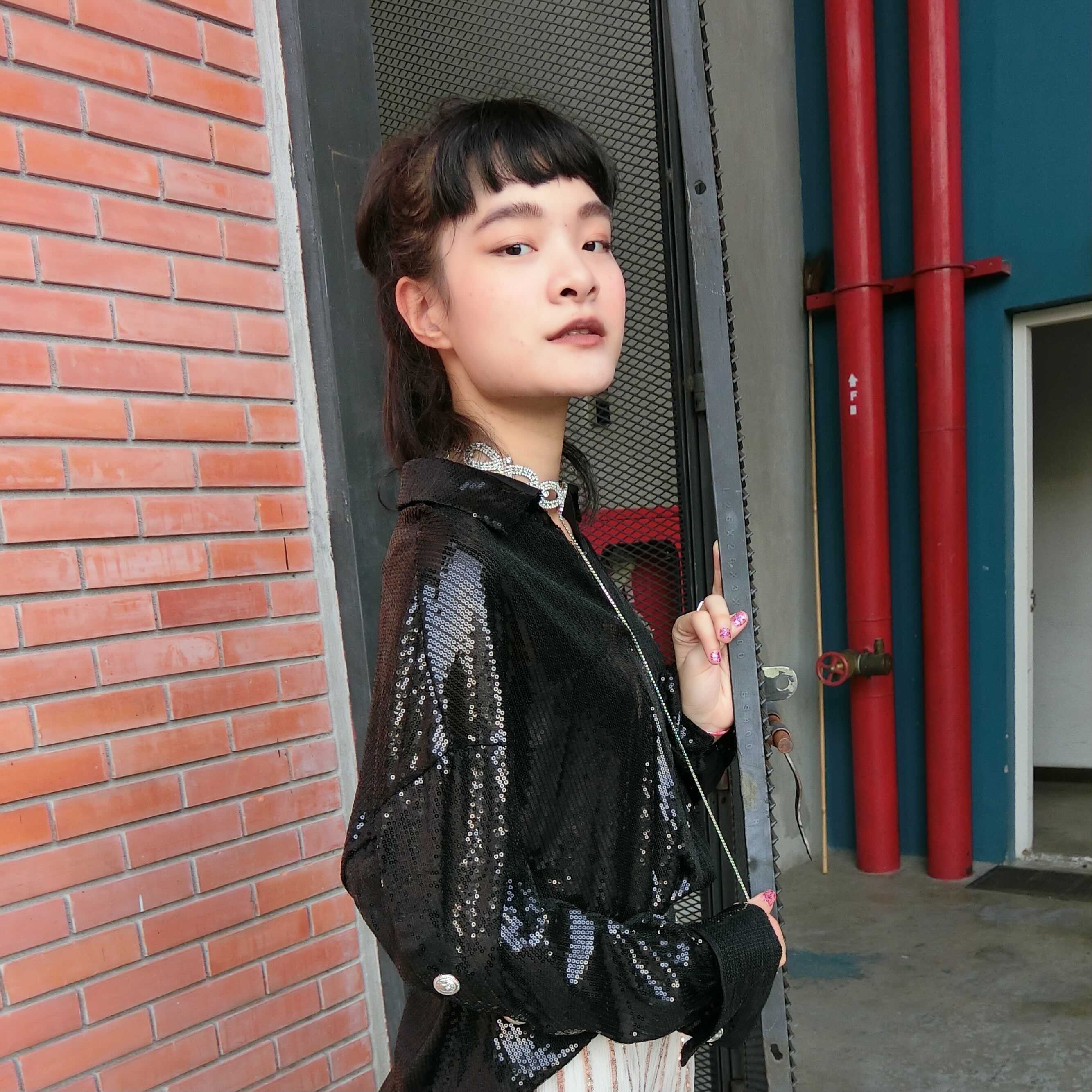
"Looks like honey, tastes like lime."
Pornnapat Chernprateep
Psychologist (2022 - 2023)
Pornnapat Chernprateep
Psychologist (2022 - 2023)
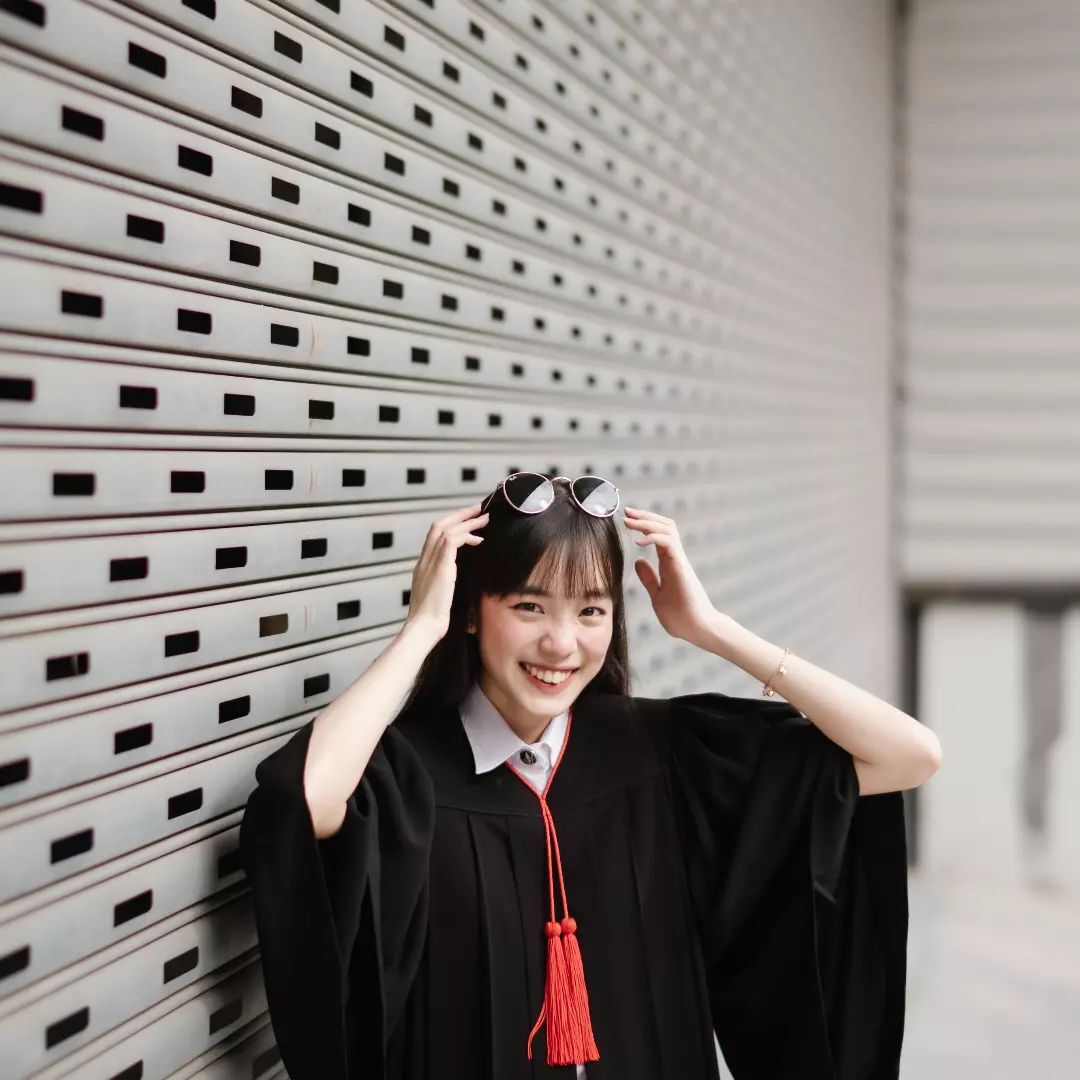
"I think I misplacedmy brain today..."
Pinvasa Sae-chiew
UX/UI Designer (2022 - 2023)
Pinvasa Sae-chiew
UX/UI Designer (2022 - 2023)
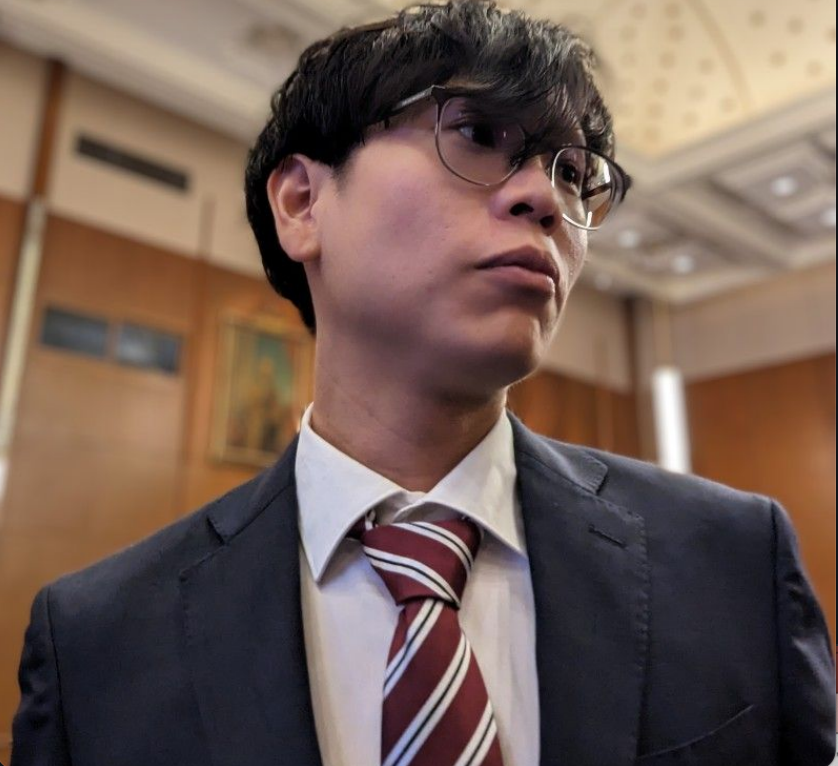
"Mouth like a sailor, face like a model."
Tanupat Boonchalermvichien
Researcher (2020 - 2022)
Tanupat Boonchalermvichien
Researcher (2020 - 2022)
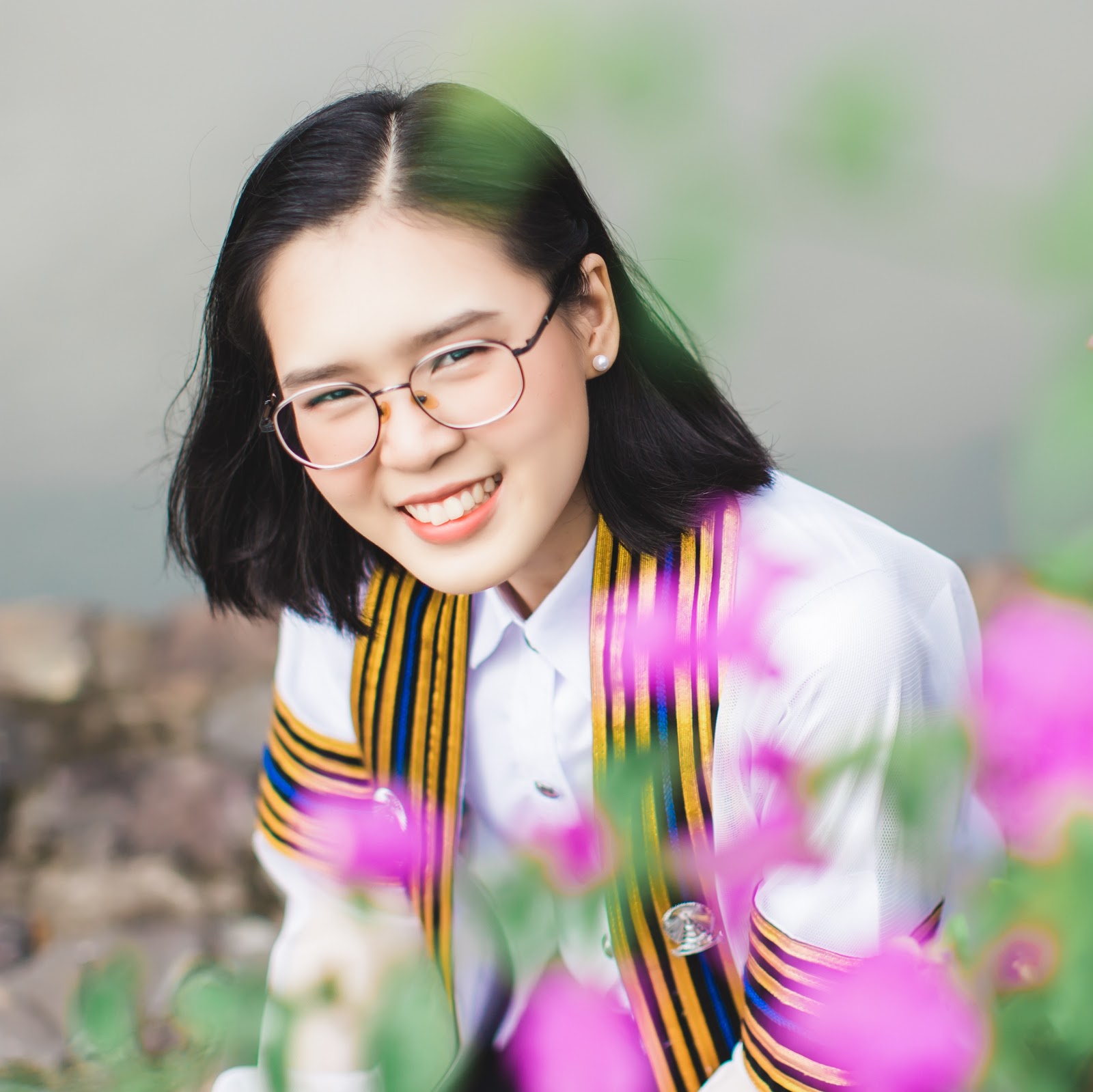
"Yoko, move aside. It’s my turn now."
Kanokphorn Boonlert
Research Assistant (2020 - 2022)
Kanokphorn Boonlert
Research Assistant (2020 - 2022)
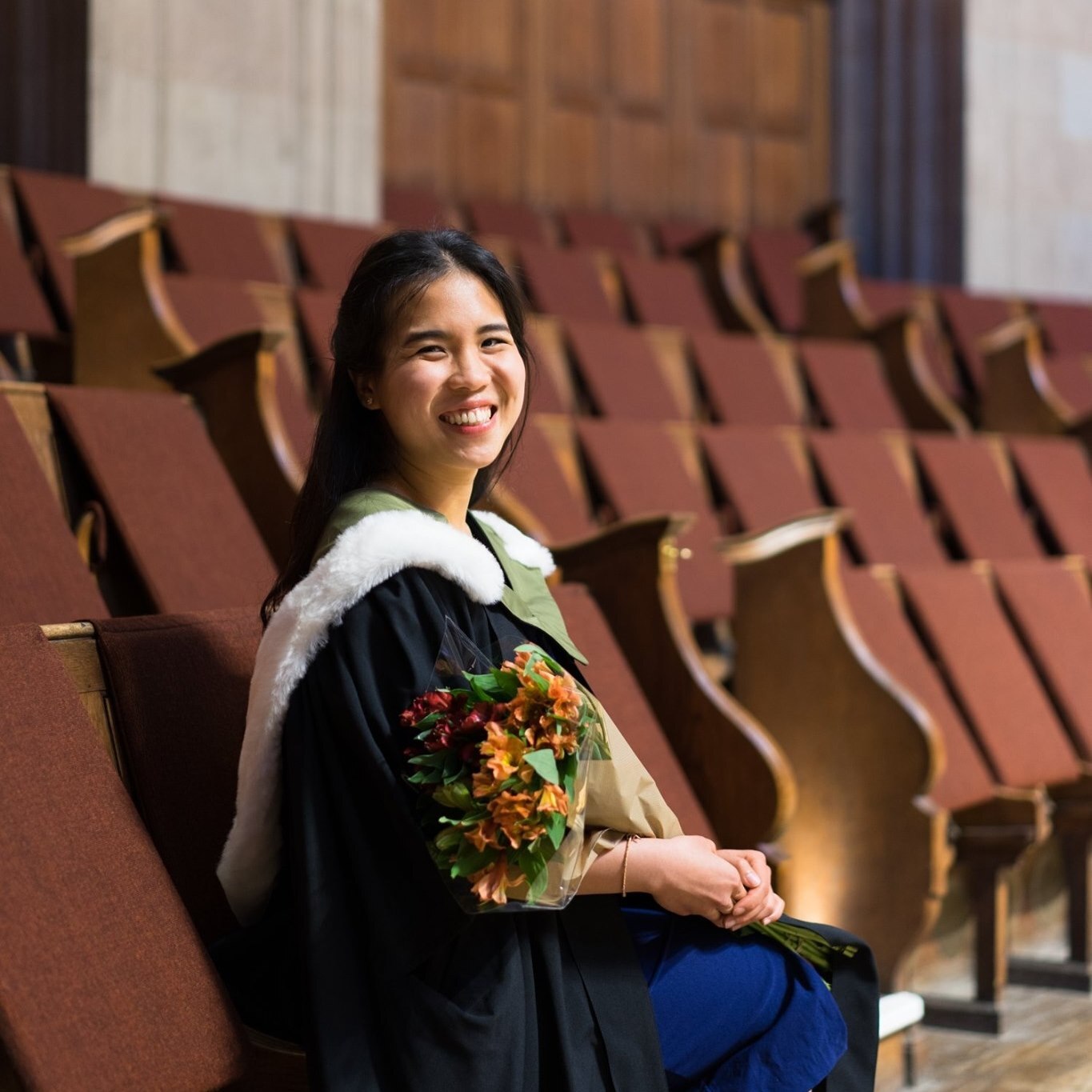
"People disappoint. Dogs don’t."
Kanyarat Benjasupawan
Research Assistant (2021 - 2023)
Kanyarat Benjasupawan
Research Assistant (2021 - 2023)
Publications
Bibliographic data sourced from OpenAlex (CC0) and supplemented with Crossref for DOI metadata.
Collaborators
Activities & Gallery


























Xmas 2025
CCCN lab









CoRN 2025
MDCU - Thailand






VSS 2025
St. Pete Beach - Florida






Xmas 2024
CCCN lab






Brainpower 2024
Huahin - Thailand






VSS 2024
St. Pete Beach - Florida
Resources
Prefrontal Pages
🎥 Brain Building Blocks : A Computational Neuroscience online course
Sponsored by PMU-B
🎥 Neuromatch Academy : A global initiative in computational neuroscience education was co-founded by Konrad Kording.
📝 Useful and simple tips in academic manuscript by Konrad Kording.
Ten simple rules for structuring papers (TH)
Translation by Brain Code 101 members and CCCN Lab.
🔒 LabWikis : Our little chamber for lab members.
Limbic Lounge
🎥 The wonders of the brain onความ(ไม่)รู้รอบตัว @ GoodDayPodcast.
🎥 Another brainy session with Dr. Chaipat onWeirdทยาศาสตร์ (EP22-23)
@ Salmon Podcast.
🎥 A casual conversation on brains — featuringBrain Code Cast @ WiTcast.
🎥 Exploring other fascinating aspects of the brain withTop to Toe EP144 &EP164 @ The Standard Podcast.
🎥 Dr. Sirawaj Itthipuripat and Dr. Chaipat Chunharas onthe topic of Neuroscience @ The Standard.
📖 Discoverbooks that Dr. Chaipat has lovingly translated with
Bookscape Publishing
📖 BrainBug : Cognitive Neuroscience articles for a broad audience
@ 101.world.
Basal Toolbox
📂 OpenNeuro: Public neuroimaging dataset repository
📂 OSF.io: Open science data & material sharing
📂 Nature Scientific Data: Peer-reviewed open datasets
📂 Kaggle: Datasets for ML/AI & neuroscience
🔬 MNE: EEG/MEG preprocessing in Python
🔬 fMRIPrep: Robust fMRI preprocessing
🔬 FreeSurfer: Cortical reconstruction & segmentation
🔬 FSL: Oxford's neuroimaging toolkit
🔬 BIDS: Brain Imaging Data Structure standard
Culture
(And Things We Value)
- Regular lab meetings (once or twice a week):
for sharing ideas, progress, and cool brain-related stuff.
- Team-learning spirit:
We value learning how to learn – independently and together.
- Supportive atmosphere:
If something unexpected happens, just let us know. We care.
- Flexible working style:
Work when/where suits you – but we love spending time together in the lab (there might be snacks).
- Respect for work-life balance:
No pressure to respond outside office hours.
- Diversity is our strength:
We cherish diverse backgrounds – cultural, academic, personal. Respect and empathy are non-negotiable.
Contact
We’re always excited to welcome new minds passionate about science and collaboration.
Read through the details — then drop us an email!
Phone
(+66)-2-256-4000 ext.71108
Location
Sor Thor Building, Floor 11, Chula Neuroscience Center
1873 Ratchadamri Rd, Pathum Wan, Bangkok, 10330







